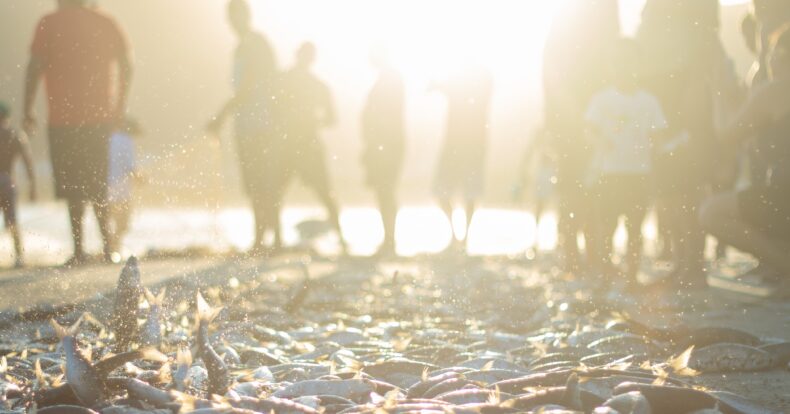What is happening in the Central Pacific region?

In the last few weeks, the topic of Puntarenas and the situation that has existed in the province for decades has been discussed in different media.
In 2021, the BBC did a report on this region of the country and how the lack of opportunities has pushed a large part of the population into the world of drug trafficking and crime.
Indeed, Puntarenas is a province of great contrasts. Being the poorest province of Costa Rica, it is home to large hotels, restaurants, golf courses and national parks. But this contrast is not only at the provincial level, but also at the national level. Costa Rica is the only Central American country member of the OECD and has some of the most favorable indicators in the region in terms of extreme poverty and literacy.
Even so, inequality among the Costa Rican population is notorious and alarming, especially in the Central Pacific region, which comprises 34.7% of the country’s inhabitants. There are high rates of unemployment, drug trafficking, prostitution, and an increase in crime, as there has been a reported increase in murders due to settling of scores between drug gangs.
What is the reason for this?
The year 2019 hit the Brunca and Central Pacific regions very hard. It got even worse with the pandemic, which paralyzed tourist and commercial activities.
Indeed, Puntarenas is home to major tourist attractions such as Manuel Antonio National Park and the beaches of the Nicoya Peninsula. By closing the borders and without the arrival of tourists, this meant an almost complete stoppage of economic income for the province. However, does this mean that hotels and tourism are the solution to improve the quality of life of the people of Puntarenas?
No. In fact, according to the neighbors of Garabito in the BBC report, the tourist and hotel activity benefits only a few. They comment that there are wealthy foreigners who isolate themselves, who are not seen near the coast and who do not even take into account the population to offer them jobs in the construction of their condominiums and mansions.
It should not be forgotten that 85% of the inhabitants of the province are fishermen, and they have a rather pessimistic vision of their future. That said, there is also a problem with the municipality, since it hinders the opportunities for the inhabitants to not depend one hundred percent on fishing.
Artisanal fishing is already a heavy, difficult and not always satisfying job, but fishermen and the rest of the population are also affected by rains, floods and other natural disasters.
In addition, many people did not finish primary school, which hinders their chances of moving away from the fishing world and into tourism, hospitality or other jobs. It is even an obstacle to receiving assistance from the Instituto Mixto de Ayuda Social (IMAS) since finishing the sixth grade is a requirement to continue receiving monetary assistance in cases of extreme poverty.
Finally, the lack of jobs caused an increase in the number of subsidy claimants at the beginning of 2021.
Role of drug trafficking
Now that all the situations experienced by the locals have been exposed, let us move on to the issue of drug trafficking, which leaves many families affected and latent insecurity in the province.
Due to the lack of job opportunities, many fishermen must become involved in criminal groups to earn money to lift themselves out of poverty and provide for their families. Some say it is the easy way out, but leading a life on the edge of danger is not easy.
Drug trafficking is common in Costa Rica for the reason that the country functions as a bridge to transport drugs from the south to North America. It is estimated that 90% of the cocaine that enters Costa Rican territory passes through the Pacific corridor. In recent years, the country has become a storage place for drugs, so large containers remain in Costa Rica for months until they are recovered again and transported by sea.
The latter causes internal wars in which drug trafficking groups leave hundreds of dead in their wake. This is why numerous reports of shootings, deaths, settling of scores, and persecution of narco leaders have taken position in the news and in the country’s newspapers.
In recent months, different media have addressed the issue of the insecurity that Puntarenas is experiencing on a daily basis. The truth is that the province has been shouting for years about its situation of poverty and lack of opportunities. Is the country prepared to improve the reality of the Central Pacific region?
Author: Mónica Gallardo for Sensorial Sunsets
Navigate articles





